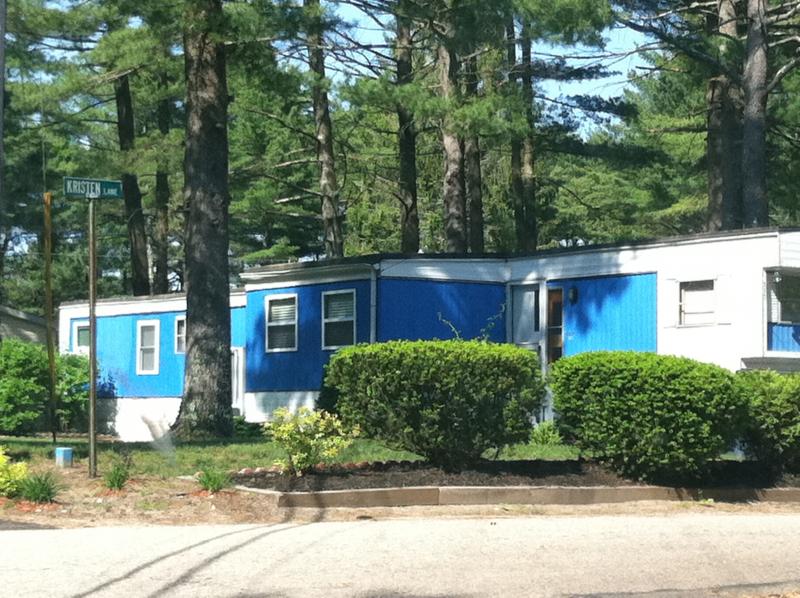Coalition asks state to investigate nitrogen output in Wareham's mobile home parks
The Coalition for Buzzards Bay is requesting that state environmental officials investigate whether failed septic systems at Wareham's many mobile home parks are dumping thousands of gallons of inadequately treated sewage in the town's waterways.
On Friday the Coalition sent a letter to the commissioner of the Massachusetts Department of Environmental Protection in an effort to reduce excess nitrogen in Wareham's waterways.
The letter stemmed from the Wareham Nitrogen Consensus Plan that was completed in June of 2010, according to Korrin Petersen, Senior Attorney for the Coalition for Buzzards Bay.
The Consensus Plan was created by coalition staff, cranberry growers, town officials, and concerned citizens. The 41-page action plan contains a list of agreed-upon recommendations to clean up the nitrogen in Wareham’s water.
Unlike toxic pollutants, nitrogen won’t give you cancer or cause birth defects or make anyone sick. In fact, nitrogen makes things grow and is the most important ingredient in almost any fertilizer.
It is nitrogen’s ability to make things grow that makes it a problem. When nitrogen gets into streams, ponds, and Buzzards Bay, algae and other “invasive species” love it and grow like crazy. In the process, the algae and their friends suck up a lot of oxygen. Without the oxygen they need, fish and shellfish die.
Much of the town's nitrogen pollution comes from incompletely treated septic waste.
All single-ownership residential and commercial developments – such as Wareham’s numerous mobile home parks – which produce 10,000 gallons per day or more of wastewater flow require a Groundwater Discharge Permit from the state Department of Environmental Protection, according the Consensus Plan.
Since several of the mobile home parks are located within close proximity to Wareham’s waterways, the Consensus Plan suggested a higher standard of nitrogen treatment should be required.
Despite the recommendation, Wareham has more than 600 mobile home park units that may be discharging wastewater in excess of 10,000 gallons per day without permits issued by the town or the state, according to Petersen.
“No one really know what’s happening with wastewater at these mobile home parks,” she said.
The mobile home parks are not incorporated in the town’s sewer system. According to Petersen, the mobile home parks would need to either tie in to Wareham’s sewer system or construct treatment plants on site to meet wastewater standards.
“We have the capacity,” said Water Pollution Control Facility Director Guy Campinha. “[The mobile home parks] have failed systems and have a great flow. It’s an immediate problem.”
Due to their close proximity to the Agawam River, the mobile home parks that are a top priority are Garden Homes North and Garden Homes Pines, Great Hill Estates, and Royal Crest, according to Petersen. Each contain 134, 225, and 154 units respectively.
With approximately 636 residential units located within Wareham’s numerous mobile home parks contributing to the nitrogen pollution problem, the construction of new nitrogen-reducing wastewater systems or other corrective measures is needed for these areas in order to yield a large reduction in overall nitrogen reaching coastal waters, according to the Consensus Plan.
The Consensus plan urged the Board of Selectmen and Board of Health to encourage action by the state Department of Environmental Protection to ensure that all mobile home parks come into compliance with state Groundwater Discharge Permit rules for wastewater disposal.
While discussions have taken place on the topic at public meetings, no formal action has been taken by the town, according to Petersen.
Board of Selectmen Chair Walter Cruz said that was he not aware of any formal action being taken by the town since the Consensus Plan was released last year.
Town Administrator and Board of Health officials have not yet responded to inquiries on the matter.












